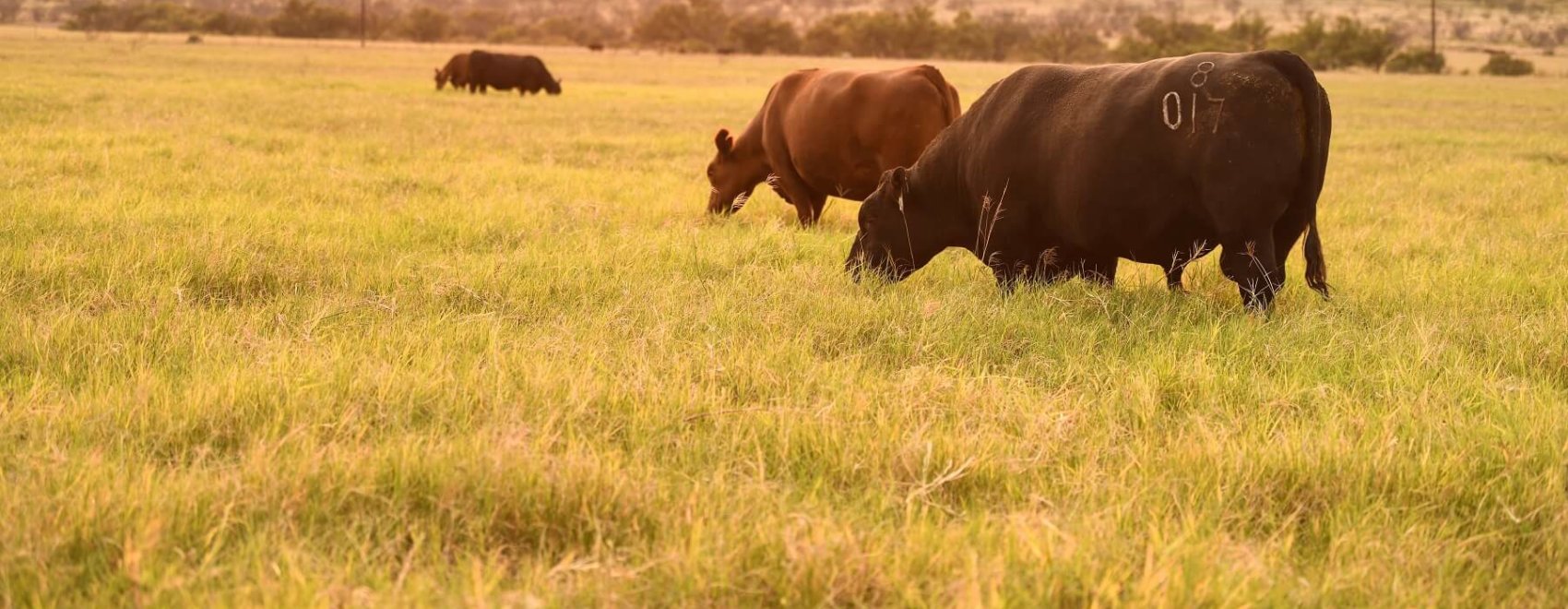Any cattle raiser will tell you, “You can’t stand to make any profit if there is not a live calf each year.” In my time writing educational material for ranchers, I have heard this more times than I can count. In my time living and working on a ranch, I see this play out daily.
While many factors play into this goal, half the equation from the start is a bull with the ability to service the cow herd. Oftentimes, this bull is one of the largest investments for a rancher and should be managed as such. To learn more about bull reproductive health, I went straight to the source — Gary Warner and Chance Armstrong of Elgin. These Louisiana State University School of Veterinary Medicine graduates are experts on bull health and treat cattle across the country.
Their biggest nugget of advice? To schedule complete breeding soundness exams on every herd bull before turning him out and when he is brought back in.
“Things happen during that service period that may preclude keeping the bull for another season,” Warner says. “At least you can discover problems early enough that can be addressed more effectively.”
In the spirit of recognizing problems early, Armstrong and Warner agree cattle raisers should get eyes on their bulls as much as possible to recognize injures that can render a bull unserviceable. Lameness, penile warts and heat stress are just a few issues that come into play when managing bull health.
Fortunately, proactive measures can be taken against these threats such as frequent evaluation of bulls, adhering to vaccination and nutrition protocols, and ensuring bulls have adequate water sources. Even so, accidents still happen. In those instances, they caution ranchers about waiting too long to seek veterinarian attention.
“If they realize their bull had a penile injury, that should be considered an emergency,” Armstrong says. “He needs to be gathered, examined and treated quickly for the best outcomes. These bulls are an investment. It is common to invest up to $10,000 for a herd bull. That’s a significant investment that, a lot of times we, as veterinarians, can help if we get our hands on them early in the disease process. But if they’re misdiagnosed or undiagnosed and shotgun treated, it makes our job a lot more difficult to result in a good outcome for them.”
Learn more about the four common causes of bull infertility, and how to best manage them, in the October issue of The Cattleman magazine.
-Kayla
Kayla Jennings is the proofreader and a regular contributor to The Cattleman magazine.

